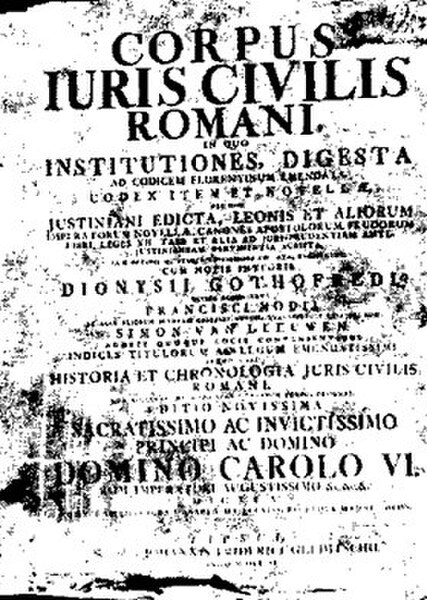Infinite photos and videos for every Wiki article ·
Find something interesting to watch in seconds
History by Country
Celebrities
Largest Palaces
Great Cities
Countries of the World
Orders and Medals
Best Campuses
British Monarchs
Supercars
Richest US Counties
World Banknotes
Wars and Battles
Great Museums
Animals
Sports
Rare Coins
Recovered Treasures
Famous Castles
Tallest Buildings
Ancient Marvels
Wonders of Nature
Kings of France
Presidents
Great Artists
Crown Jewels
Largest Empires
more top lists






